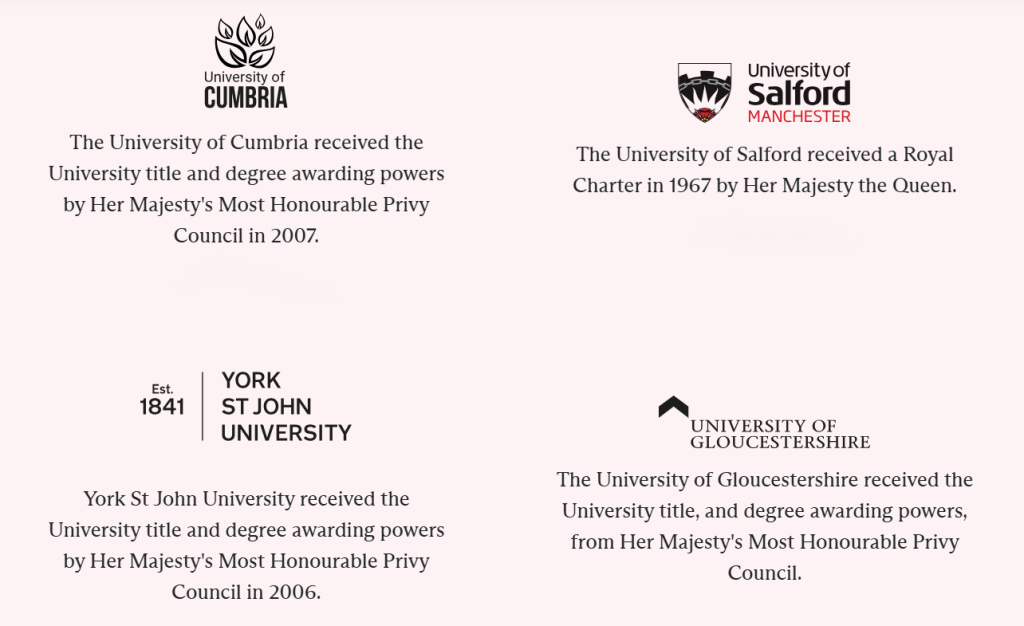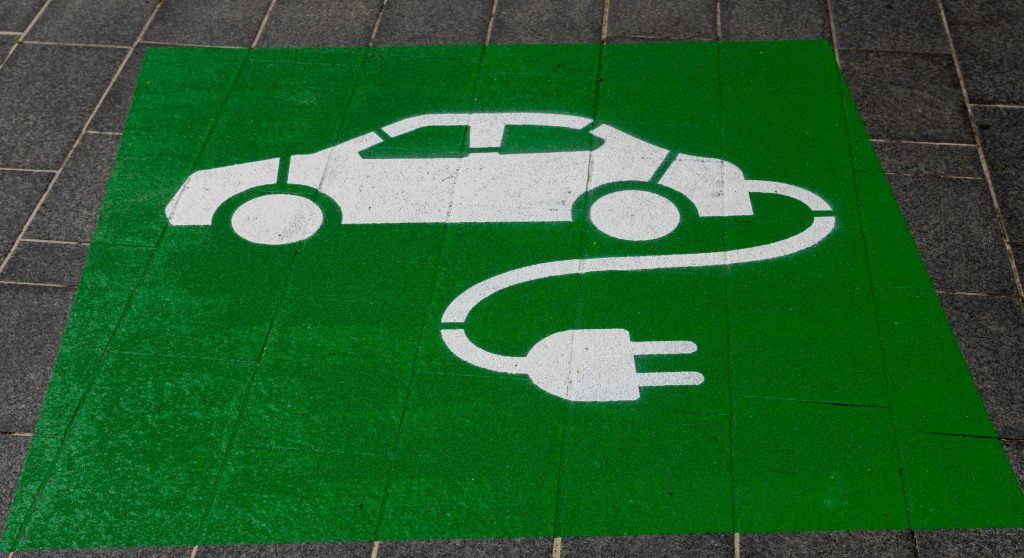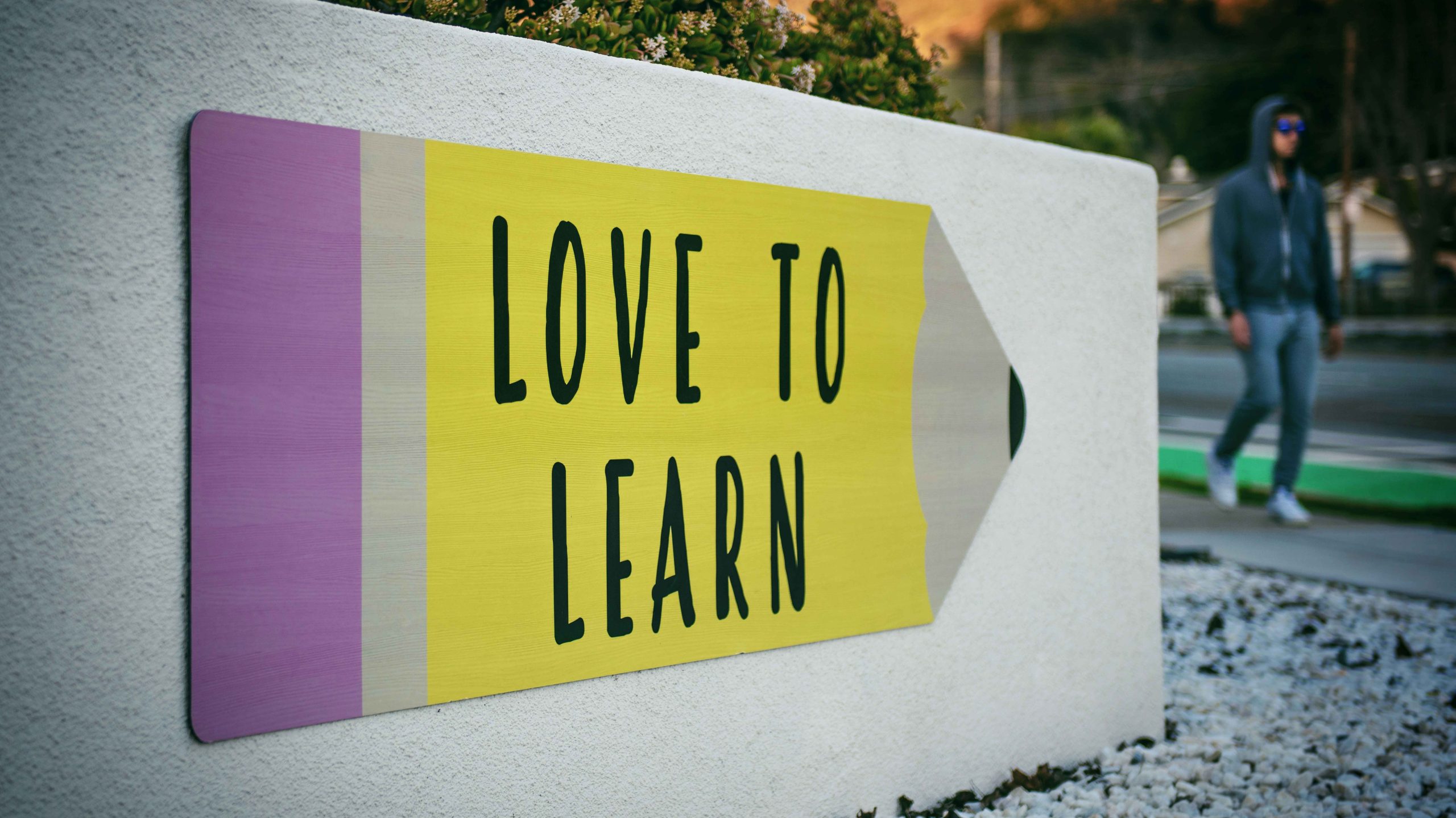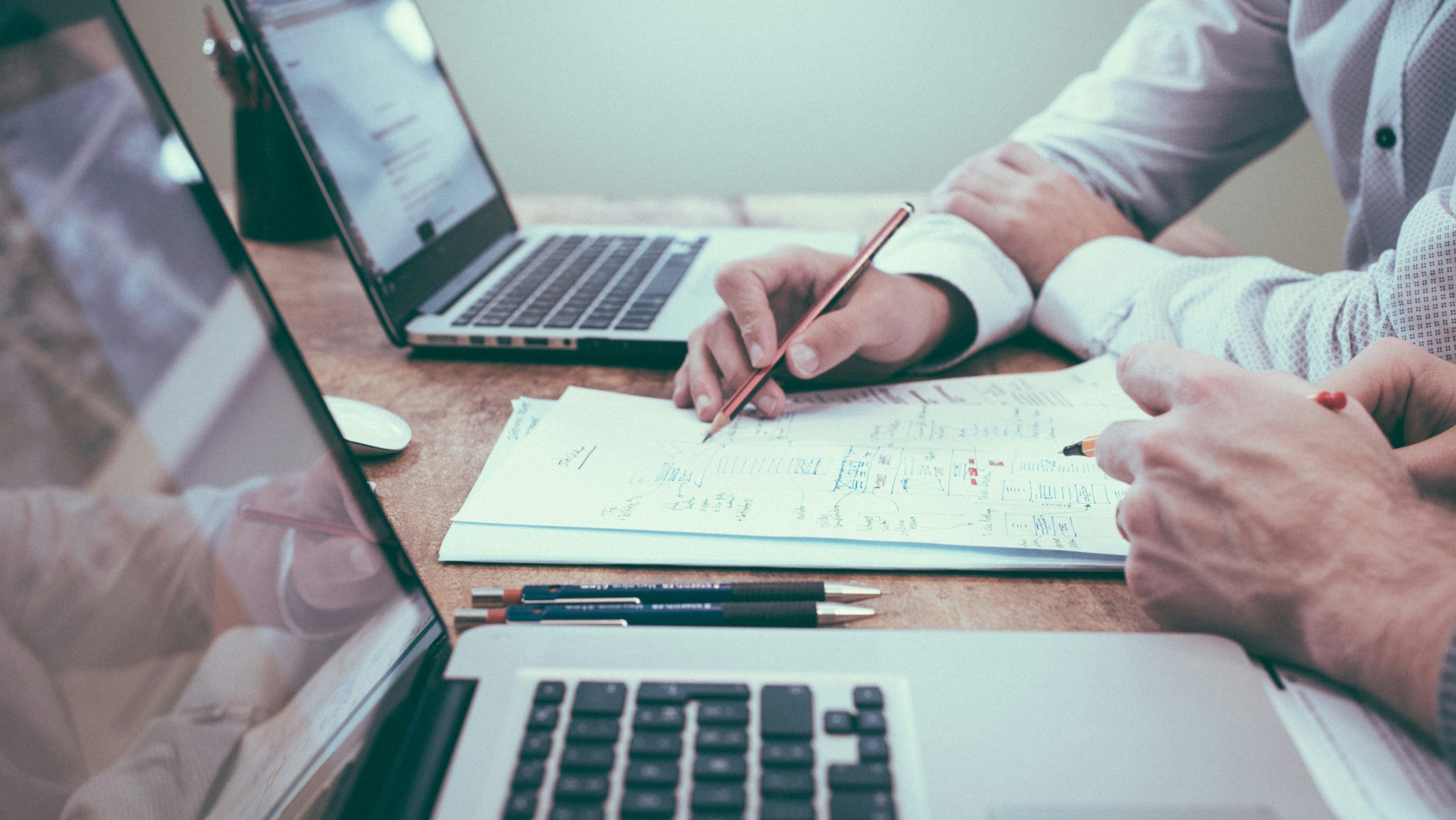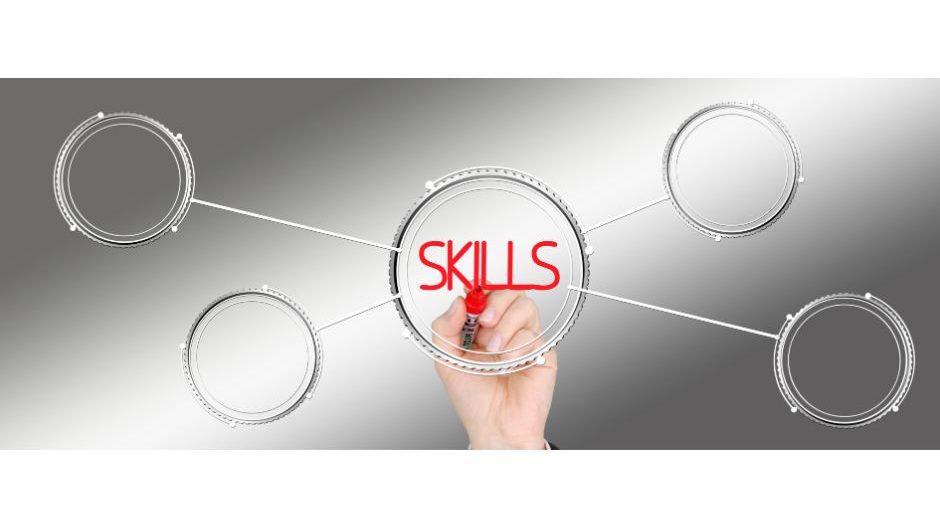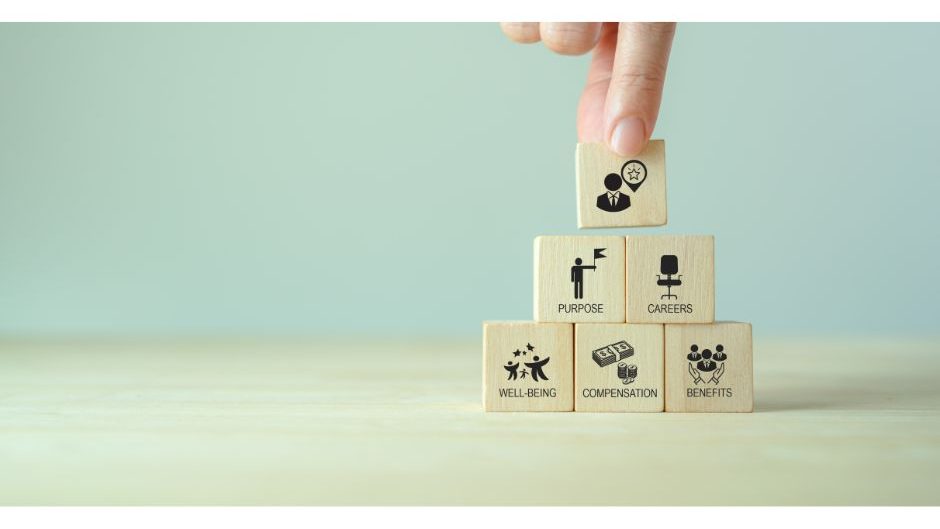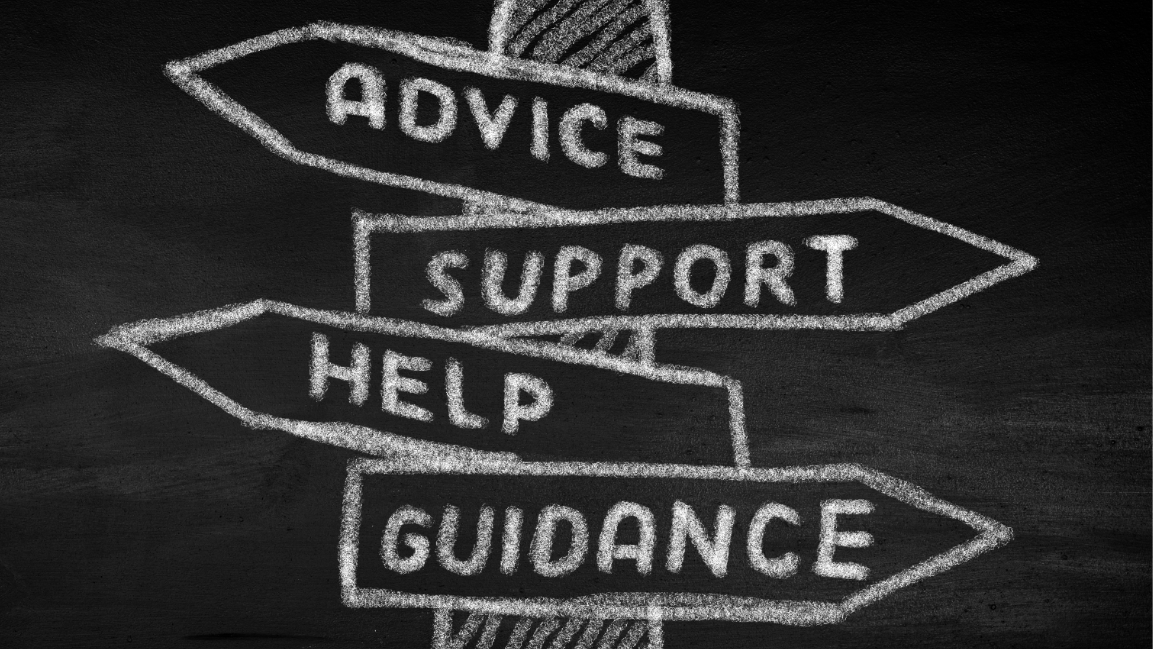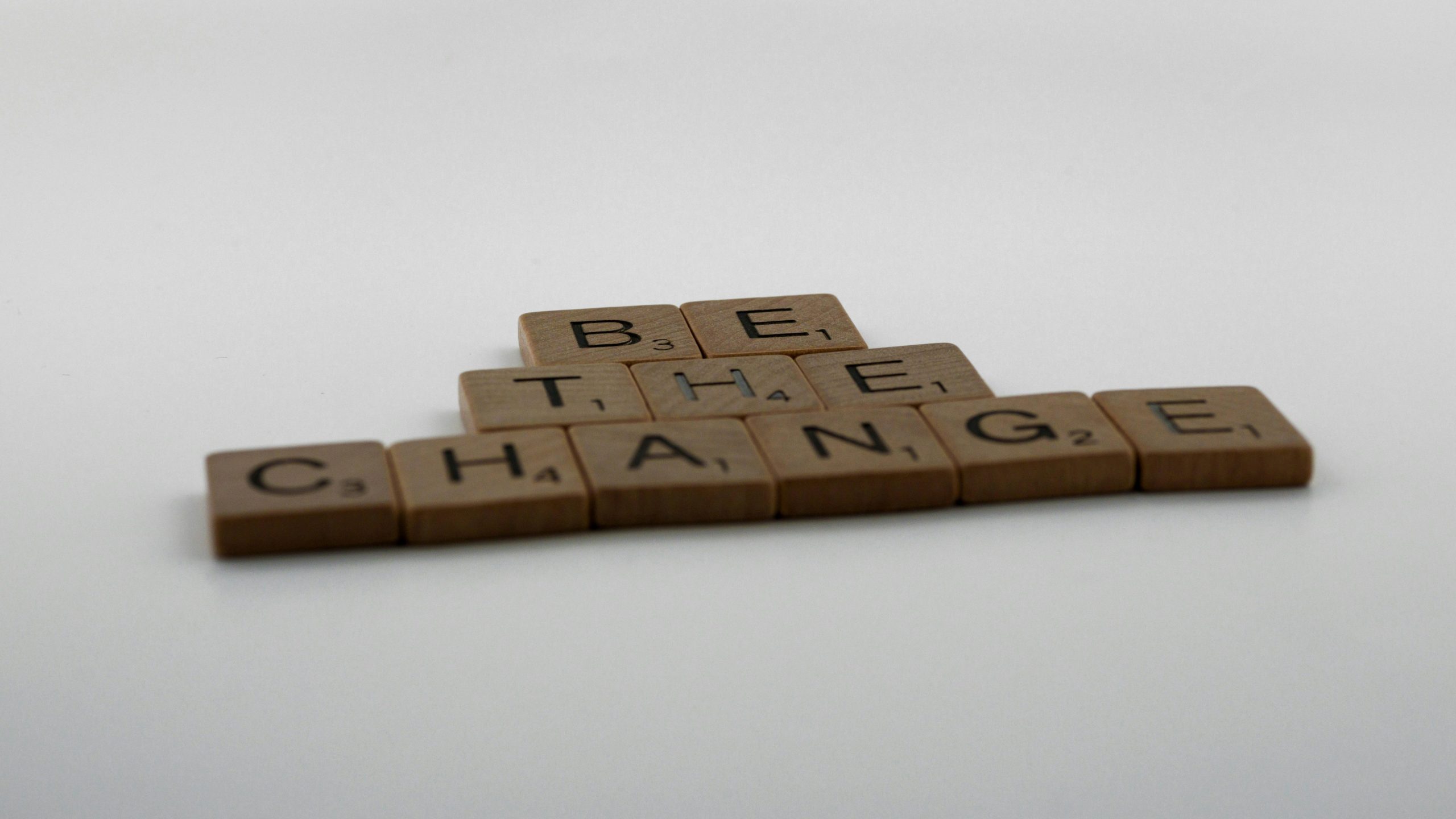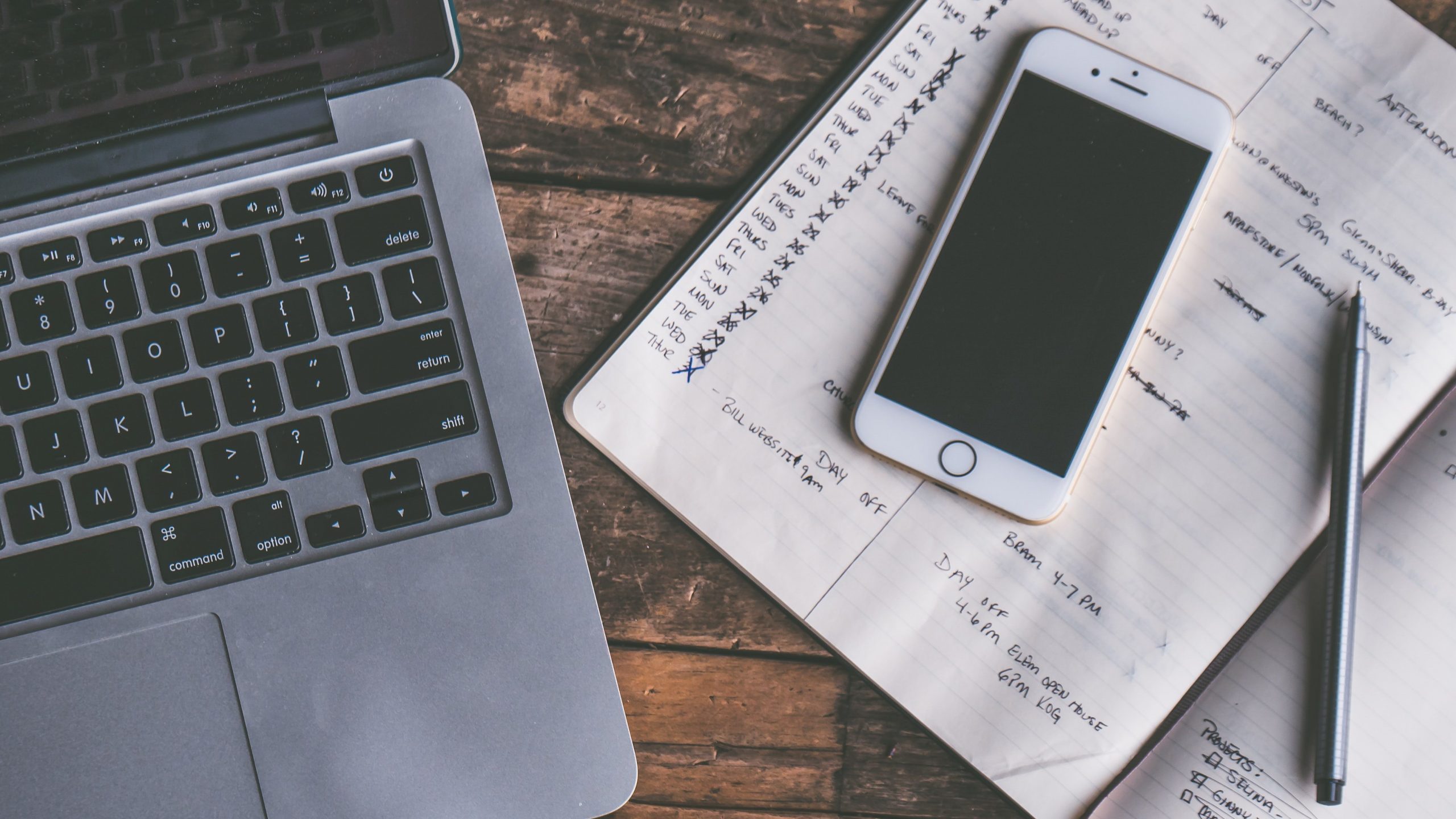Choosing a specialization for your Master’s degree is a significant decision that can shape your future career and personal development. However, with numerous options available, this choice can often feel overwhelming. If you find yourself stuck in this dilemma, here are five practical ways to help you make an informed decision:
1. Self-Assessment: Understanding Your Interests and Strengths
Before diving into specific specializations, take the time to reflect on your interests and strengths. This self-assessment can provide valuable insights into which areas might be the best fit for you.

- Interest Inventory: List subjects or activities that genuinely excite you. Consider what topics you enjoy reading about, discussing, or engaging with in your free time.
- Strengths Analysis: Identify your core strengths. Are you more analytical or creative? Do you excel in research or hands-on projects? Understanding your natural talents can guide you towards a specialization that aligns with your abilities.
- Values Clarification: Reflect on your personal values and what you want from your career. Do you prioritize job stability, innovation, social impact, or high earning potential?
2. Research: Exploring Potential Specializations
Once you have a clearer understanding of your interests and strengths, the next step is to research potential specializations. This research will provide you with a better idea of what each specialization entails and how it aligns with your goals.
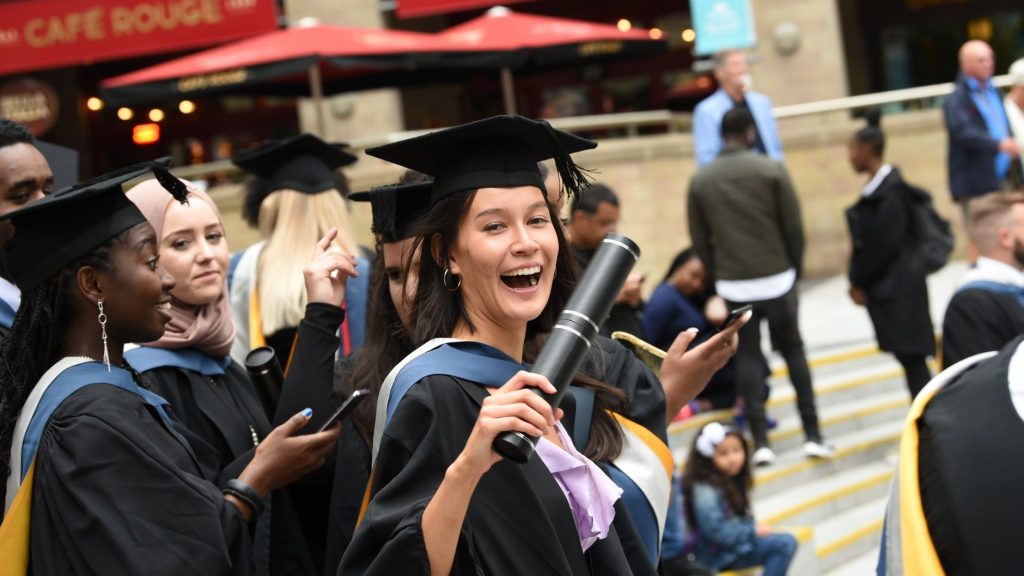
- Program Descriptions: Look at the curriculum and course descriptions of different specializations. Pay attention to the subjects covered, the skills you will develop, and the type of projects you might work on.
- Career Outcomes: Investigate the career paths associated with each specialization. Look at job titles, industries, and potential employers. Consider the demand for professionals in that field and the long-term career prospects.
- Alumni Success Stories: Reach out to alumni or read about their experiences. Their career trajectories can offer insights into the real-world applications of the specialization.
3. Networking: Connecting with Professionals and Peers
Networking is an invaluable tool when trying to make a decision about your Master’s specialization. Talking to professionals and peers can provide first-hand information and advice.

- Informational Interviews: Schedule interviews with professionals working in fields you are interested in. Ask them about their educational background, how they chose their specialization, and what their day-to-day work entails.
- Attend Industry Events: Participate in conferences, seminars, and workshops related to potential specializations. These events can offer a wealth of information and networking opportunities.
- Join Online Communities: Engage with online forums and social media groups related to your areas of interest. These communities can provide support, advice, and insider knowledge.

4. Practical Experience: Gaining Hands-On Knowledge
Sometimes, the best way to understand whether a specialization is right for you is to gain practical experience in that field.
- Internships and Part-Time Jobs: Seek internships or part-time positions related to your potential specializations. These experiences can give you a taste of the work environment and help you assess your fit.
- Volunteering: Volunteering for projects or organizations in your areas of interest can provide similar insights and also enhance your resume.
- Shadowing Professionals: Arrange to shadow professionals in your desired fields. This can give you a realistic view of what a career in that specialization looks like.

5. Academic Guidance: Consulting with Advisors and Faculty
Leverage the knowledge and experience of academic advisors and faculty members. Their insights can be crucial in helping you make an informed decision.

- Advisors: Schedule meetings with academic advisors to discuss your interests and goals. They can provide guidance on which specializations align with your aspirations and help you understand the requirements and opportunities within each program.
- Faculty: Talk to faculty members who teach in potential specializations. They can offer detailed information about the curriculum, research opportunities, and career prospects.
- Workshops and Seminars: Attend workshops and seminars hosted by your institution. These events often cover different specializations and can help clarify your options.
Choosing a specialization for your Master’s degree is a pivotal decision that requires careful consideration and planning. By conducting a thorough self-assessment, researching your options, networking with professionals, gaining practical experience, and seeking academic guidance, you can overcome the dilemma and make an informed choice that aligns with your personal and professional goals. Remember, the journey to finding the right specialization is a process, and it’s okay to take your time to ensure you make the best decision for your future.







